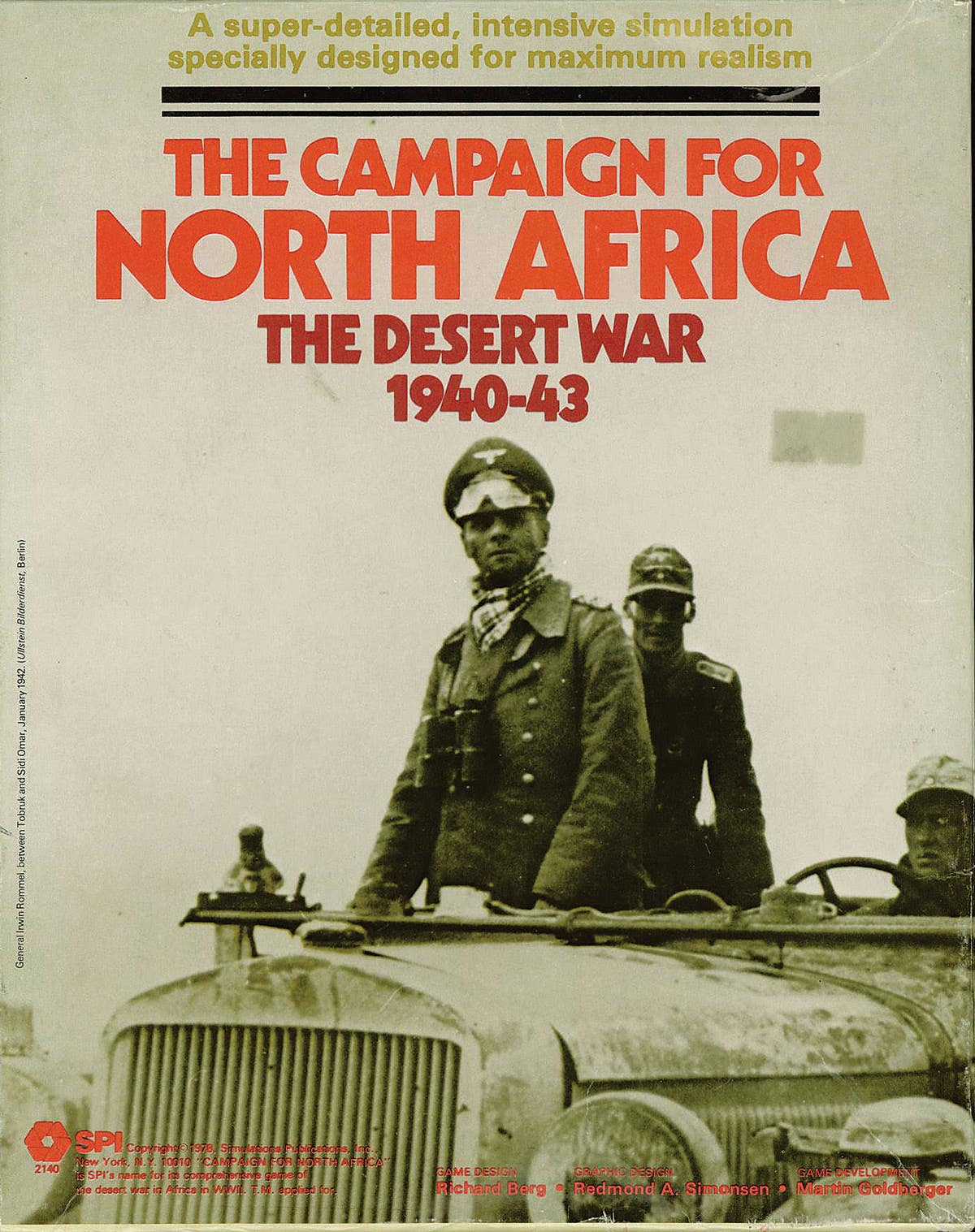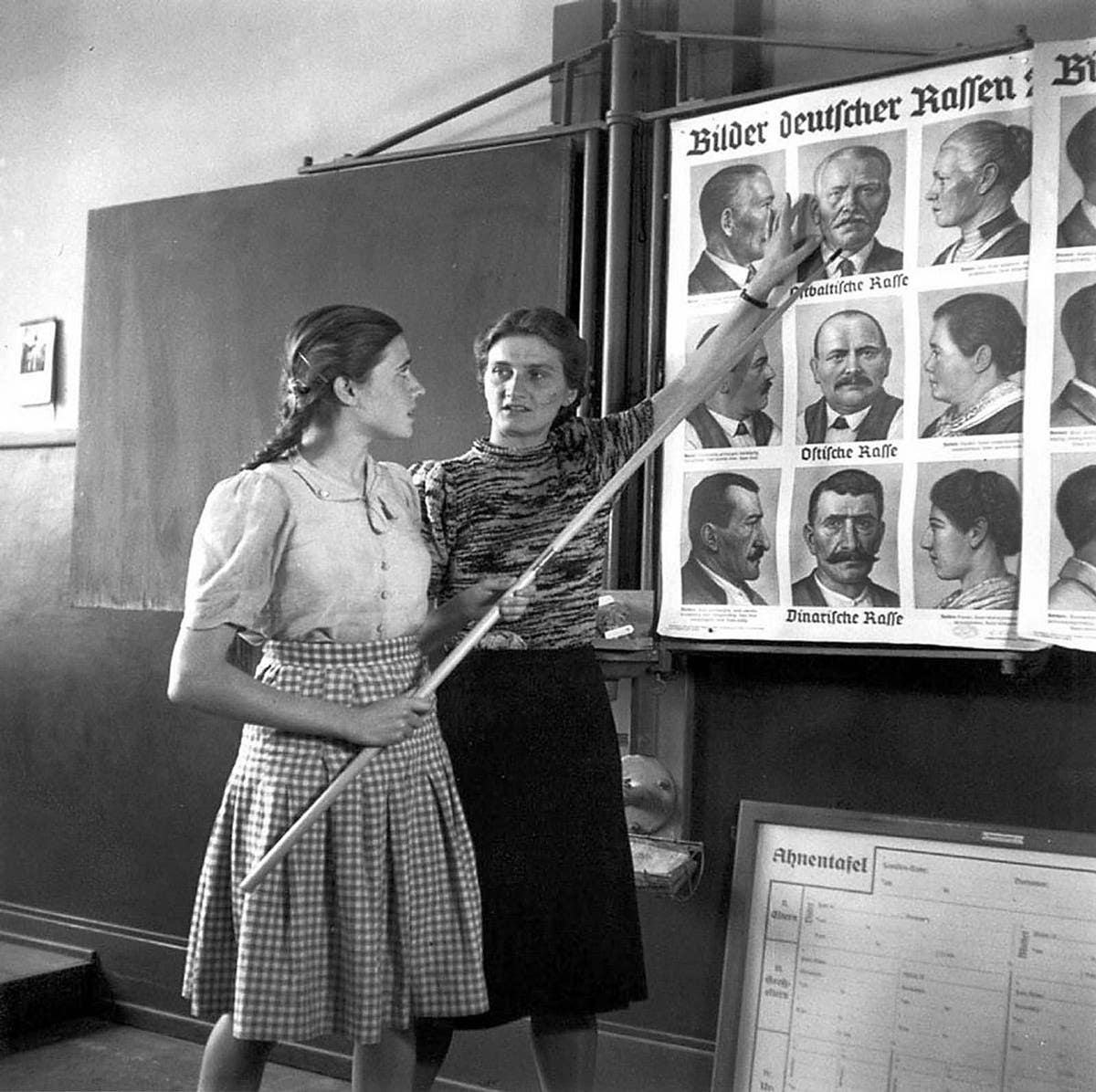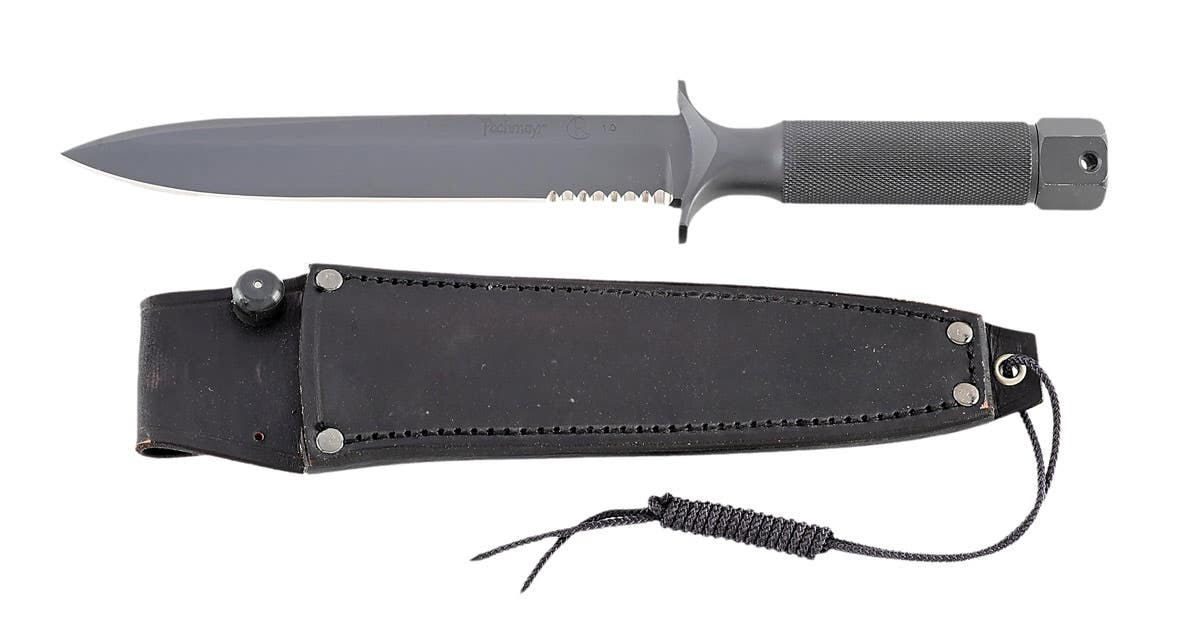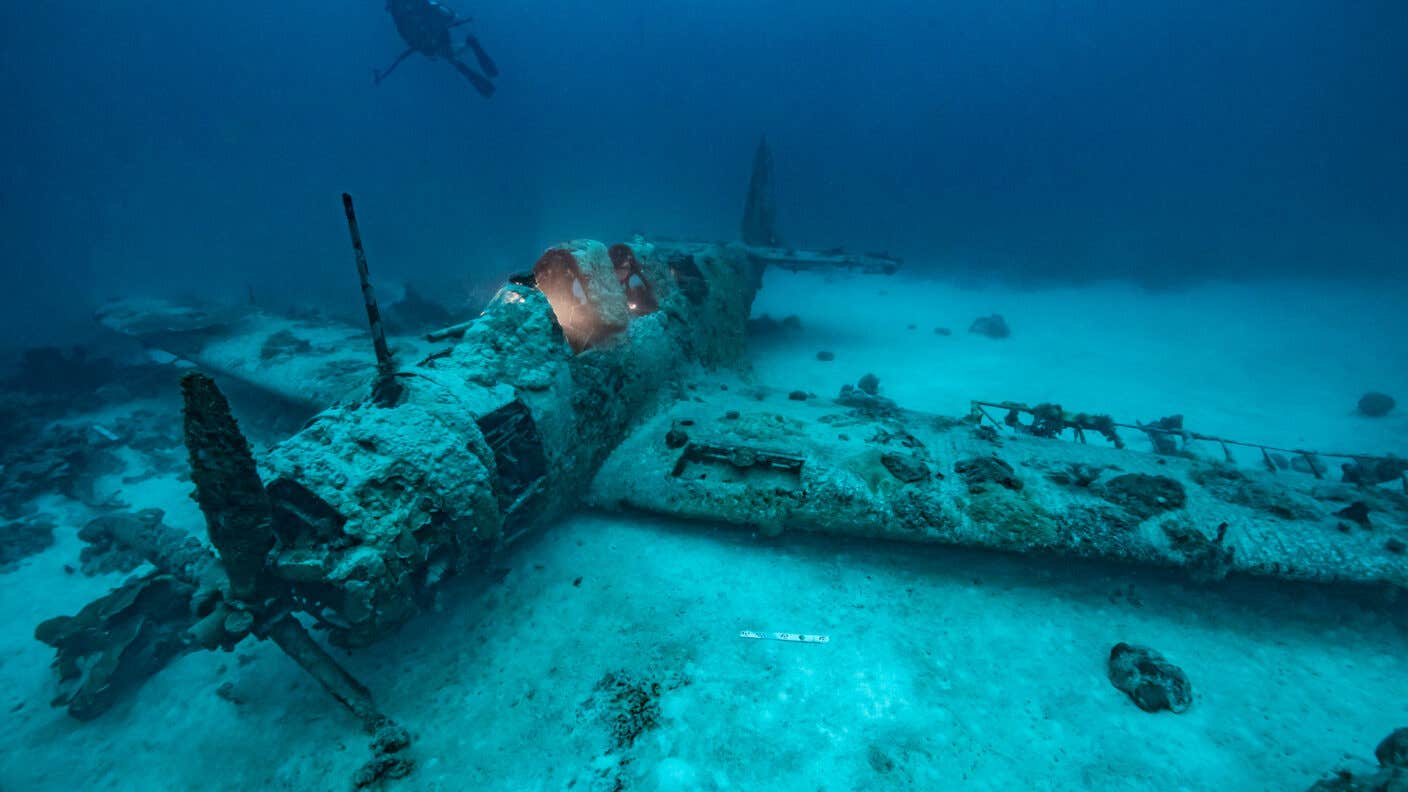Military Mindset: Meet Andrew Lipps
Collect and dealer says: ‘Collect what you enjoy and enjoy what you collect’
By Andrew L. Turner
As with many fledgling collectors Andrew H. Lipps, of Wartime Collectables (www.wartimecollectables.com), was inspired by family at a young age. “I began collecting when I was in grade school,” he said. “My parents enjoyed antiques and I was an avid reader of military history. Stories about PT-109 and the Flying Tigers fascinated me and my father encouraged me by pointing out small historical items when we ran across them in antique shops.”
He was initially attracted to material from the Third Reich, much for the same reason other youngsters find it fascinating, like the “bad guy” element and the grandeur of the stories the vets brought back to accompany their liberated enemy items. But another aspect of the vets’ tales fascinated Lipps even more: “I found that whenever I met a veteran, they would always talk to me about their unit insignia,” he remembered. “The pride they showed in their shoulder patch was so evident that I began collecting those as well.”
The trend continued, and by his early 20s he was collecting U.S. material exclusively. “I’ve always been much more interested in items to which I could pin a particular history, and found researching identified American material intrigued me as much as the items themselves.” To Lipps, items named to a veteran, or can be tied to their story, are the most cherished -- much more so than items considered “rare” or “mint” but with no personal history.
His philosophy: collect what you enjoy and enjoy what you collect. “If factors such as cost, or other collectors, influence you too heavily you will cease to enjoy the collection,” he said, “I get as much joy out of researching the name on a $10 dog tag as I do researching a medal group of greater value.”
Lipps went on to collect mainly material from WWI and WWII: The wars his father and his friends talked about . . . the Civil War seemed like ancient history. Then, a little over 20 years ago, he bought a medal named to a Civil War veteran who had attended the 1938 Gettysburg Reunion. “It brought about in me an awareness that veterans of the Civil War lived well into my father’s lifetime,” he remarked. “A whole new area of interest opened, and I have been a collector of material from both the United Confederate Veterans and Union Grand Army of the Republic ever since.”
In addition, owning items from noted Americans has always been exciting to Lipps. “I’ve had George Patton’s stars and swagger stick in my collection,” he said, “as well as material from Omar Bradley, airborne uniforms from Ridgeway and Gavin, and Terry Allen’s medals .” He said one of his most interesting experiences was meeting the widow of Colonel Julian Cook. Cook earned the Distinguished Service Cross at Remagen and was portrayed by Robert Redford in the movie A Bridge Too Far. “A fellow South Carolina resident, she contacted me after her husband died to ask it I would be interested in buying his uniforms and other material,” said Lipps. “My wife and I spent a wonderful day with Mrs. Cook hearing her stories and eventually leaving with much of what remained from his military career.” Later, Lipps learned Mrs. Cook knew she had cancer, and the money was to be used for her only grandchild’s college fund.
Clearly, Lipps is fond of attributed groupings, but more specifically his personal interest lies with identified U.S. medals and medal groups. “Any U.S. award that is named, documented, or number attributed intrigues me,” said Lipps. “I feel anytime I am able to research and put a history to such an award, I am contributing in my small way to our nation’s history. I have purchased named medals such as the Purple Heart, or numbered campaigns for our early wars, from estates, collections and auctions and have been able to link the medal to a man’s past.” A true example of going above and beyond the collector’s pursuit, Lipps attempts to guarantee the history remains with the award hoping to ensure the veteran’s service is remembered.
He encouraged new collectors to dig deep. “Know what you are buying -- not just what makes it a real or a fake, but what is the item’s history?” he said. “Why did the original designer of the item choose the colors he did for the ribbon? What is the original purpose of the award? Is there significance to the motif of the insignia? Knowing these details will enhance your collection in ways you might not see otherwise and lead you in directions to help your collection grow.”
Lipps felt the need to comment on the Internet. “It has been an incredible boon to this hobby,” he said. There is a wealth of information to be found at the touch of the keyboard and you can access knowledgeable collectors with years of experience in an instant.” It has led him to thin out his reference library. “It was composed 10 five-foot shelves in my first shop,” he said. “It’s now down to just four and I don’t feel like I have lost access to any information.”
While the cyber world remains excellent for reference, he said there is no substitute for hands-on experience. “Go to shows, visit museums, and check out the collections of others in the hobby,” Lipps implored. “Don’t rely on a small number of websites —- be they dealers, collector showcase, or forums -— to be your only guide. Remember the ability to set up an attractive website does not necessarily impart knowledge or reliability.” He said anonymous Internet sources should be viewed with a skeptic’s eye at the very least.
To advanced collectors, he said realizing the investment potential is important, although it may not be paramount in some circles. “The phrase ‘it’s not about the money’ immediately comes to mind,” he said. “However, you need to be aware you might be handing the collection off to your wife or children, at some point, and it very well could be of more benefit to them than your IRA!”
“Collecting strictly for investment will bring little enjoyment,” said Lipps. “But your family does need to be aware of the value of the collection. Have an inventory and let them know about the items of particular significance. Give them directions on how to dispose of your collection in the event you are not around to do so yourself. Let them know the names of reliable dealers and collectors to help them liquidate if your family doesn’t share your interest.”
Lipps loves the hunt of finding items at a show or flea market, but he most enjoys buying directly from veterans and their families. However, he finds buying collections is really the only consistent way to get material. “I’m pleasantly surprised that so many collectors remembered me over the years,” he said, “and with a feeling of trust allowing them to sell or consign their collection, or portions of, to me when the need arises.”
His company, Wartime Collectables (www.wartimecollectables.com) produced a paper catalog and enjoyed a presence at militaria shows for nearly 20 years. I had a website years before many other dealers, but it did not prepare me for the changes the Internet has brought about,” he remarked. “Some are positive, some are not. The cost of a paper list is overwhelming compared to the ease of the website. My overseas sales comprised approximately 10 percent of my sales in 1990 and are 60 percent today.” Embarking upon a teaching career in 1994 ended his ability to attend shows regularly. “I rely now almost solely through mail order sales,” he said. “The webpage, eBay and items sold via email are the source of the vast majority of my sales.”
Lipps said he currently possesses a number of items he is thoroughly enjoying researching. “I recently obtained another South Carolina Palmetto Medal given to SC troops who served in the Mexican War of 1847,” he said. “This one is named to a Sergeant who later became a noted Southern newspaperman. It was a house find in a trunk of family material discarded by the descendants.” He said he is also enjoying the recent purchase of a collection of Confederate Veteran’s Southern Crosses. “These are already fully researched as they came from a noted collector,” he said. But being new to me, the history of each veteran is fascinating reading.”
He believes trends in this field follow the course of what is currently popular history. “No one can deny the movie Gettysburg and Ken Burns’ series on the Civil War sparked tremendous growth in related collecting,” said Lipps. “Saving Private Ryan did the same for collecting U.S. Airborne and Ranger material from the European Theater of War. This is not a bad thing in my view: these movies enlighten many in the general public to American and world history.”
He said other trends are more unpredictable and gave the fairly recent surge and decline of WWII composition toy soldiers made by the firms of Elastolin and Lineol. “For some reason about 10-12 years ago the prices spiked these toys were in abundance at established militaria shows,” he remembered. “That trend has leveled off and prices are more consistent now. Why? No clue!” He said he is noticing a continued strong interest in theater-made US shoulder sleeve insignia, as well as U.S. groupings from WWI and WWII. “As the Internet makes research more accessible, and collectors are beginning to see the importance of various American units (and not just the elite ones),” he said, “identified American material becomes more interesting to a wider collecting audience.”
Lipps feels the hobby is alive and well. “Yes, there are times when select collecting area prices spike and I hear grumblings of: ‘the stuff is just too expensive’ -- but it levels off and normal inflation takes back over,” he said. “I hear: ‘there are no new young collectors.’ Well, poll the median age of collectors on most on the Internet militaria forums and I bet you are wrong.”
He said knowingly selling a fake item as an original is the same as a thief stealing from someone’s home, but insists “knowledge is power” and these criminals can easily be defeated by a hobby full of individuals ready and willing to share information.
“There are highs and lows to every endeavor in life,” he said, “but contributing to the preservation of our nation’s history is something of which I’m proud to be a part.”
To learn more about Wartime Collectables and the services they provide, visit www.wartimecollectables.com or call 803-463-6935.








